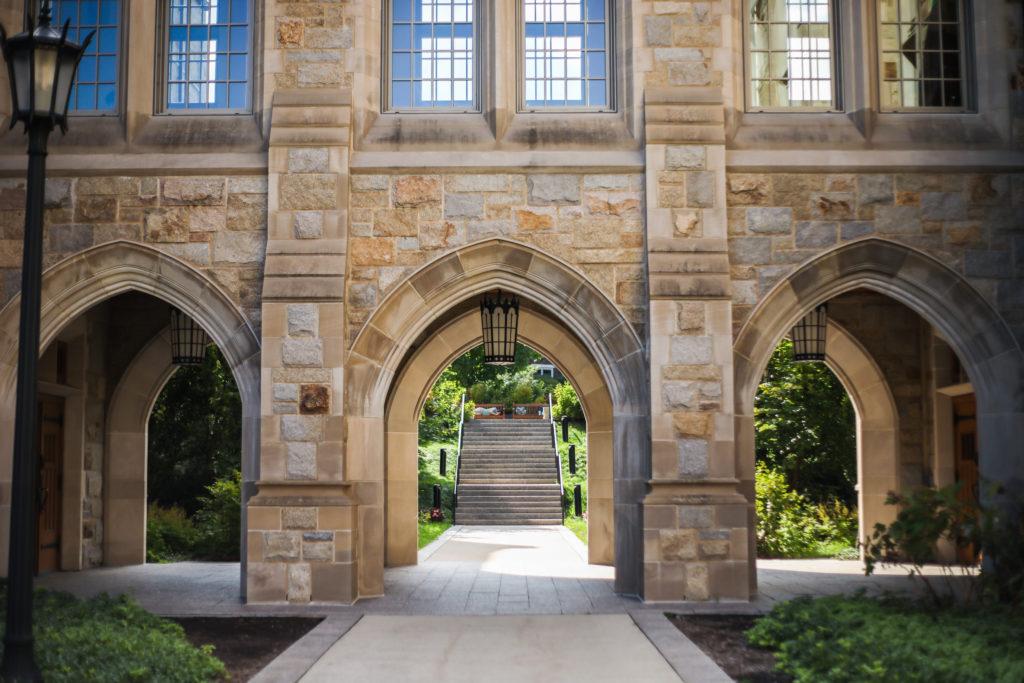Claude Barfield, resident scholar of international trade policy at the American Enterprise Institute—a conservative think tank based in Washington, D.C.—gave a talk on the Trump administration’s trade policies in an event sponsored by the Boston College Republicans and the American Enterprise Institute Executive Council of BC on Wednesday.
Barfield, a former consultant to the Office of the United States Trade Representative, focused on the current administration’s trade policies within the context of prior administrations. He concentrated on four key issues: the president’s obsession with trade deficits, the trade agreement relationships the United States has with smaller countries versus larger ones, the untrue notion of America as the only free trade country, and what he dubbed the “cynical ploy” of combining economic security with national security, specifically in the American steel industry.
The timing of the lecture is notable, having taken place two days before the 2018 G20 summit, an annual high profile meeting of world leaders. Thus Barfield talked a considerable amount about Chinese-American trade and the impact of technology on trade with China.
He maintained that a number of restrictions in China—from its censorship of the internet to the reinsertion of capitalism into its economy—have combined to create what he calls an “intricate web of mercantilist protection” in the country.
The addition of the Chinese in the trade system has created a unique situation. This is the first time the world trading system has been introduced to such a powerful authoritarian state capitalist nation.
The relationship between communism and the economy, he explained, is what makes this trading environment so unique and worthy of discussion.
Barfield noted he would be skeptical of a trade deal between Trump and Chinese president Xi Jinping, having examined the environment in which it would be crafted. He asserted that the United States’ current relationship with China is independent of the Trump administration’s policies and that a different outcome from the 2016 presidential election would not have changed the political relationship between the two countries.
Concluding his talk he noted the uncertainty of politics and the consistent shift of political power affecting trade policy. “Both parties are in flux, and it’s really hard to know now how the politics of trade will work out,” Barfield said.
Featured Image by Jess Rivilis / For The Heights













